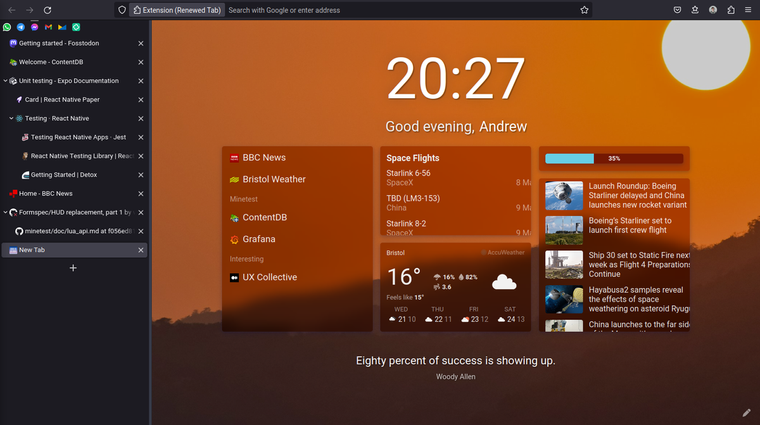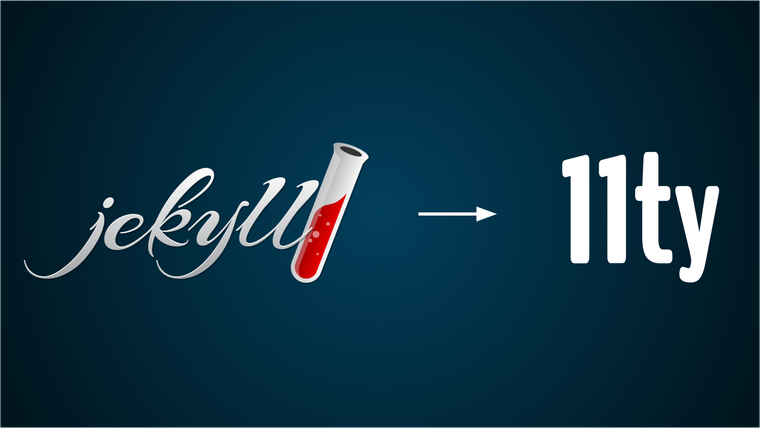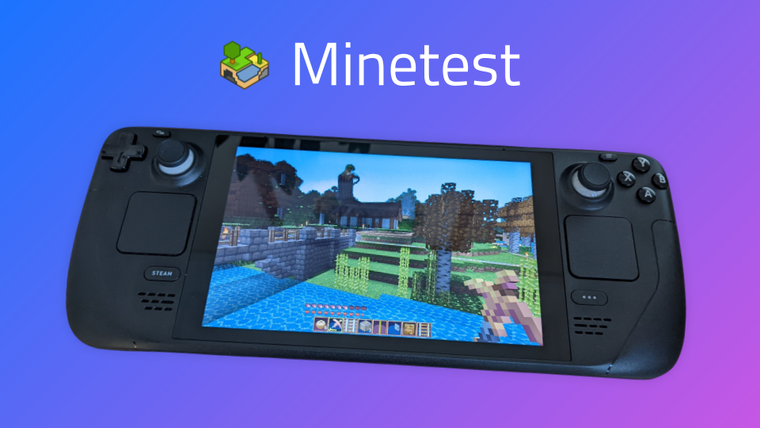
OpenTTD must-change settings that should be default already
OpenTTD is a game where you build a transportation empire with road vehicles, trains, boats, and planes. It’s an open-source remake of a game called Transport Tycoon by Chris Sawyer, released in 1994. I have been playing it for many years; I have no idea how many hours I’ve sunk into it.
There are a few setting changes that I consider essential. It’s bizarre to me that these aren’t the defaults - I guess OpenTTD is trying to keep close to the original 1994 game. I like to focus on passenger and mail services, and therefore consider these essential.
Read more of "OpenTTD must-change settings that should be default already"









